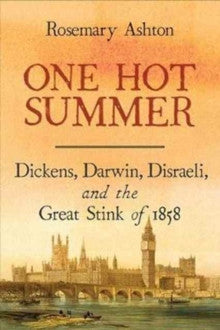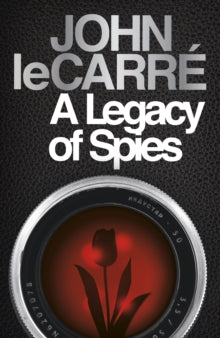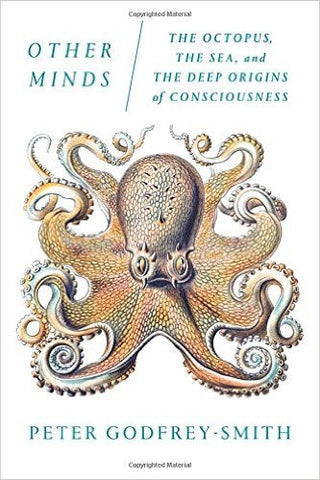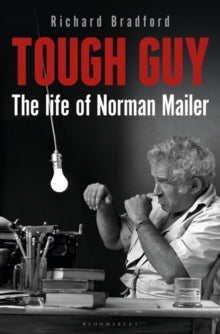
One Hot Summer by Rosemary Ashton
In the summer of 1858 – the hottest then on record – London was “brought to a standstill” by a “sickening stench”, said Paula Byrne in The Times. Ironically, its origins lay in the earlier replacement of the capital’s cesspools with water closets – a move designed to improve hygiene, but which actually increased the flow of effluence into the Thames, since London’s drainage systems emptied into the river. When in June 1858 soaring temperatures caused the water level to drop, the “sewage of more than two million people” was left “fermenting in the heat”. Rosemary Ashton’s “superbly researched” book is in part an account of the “great stink”, but also takes a wider look at “London news and events” of the time. In particular, she argues that this year was “crucial” in the lives of the “three great middle-aged Victorians” – Disraeli, Dickens and Darwin.
Disraeli, then chancellor of the Exchequer, was one of several MPs “forced to flee their committee room clutching handkerchiefs to their noses” because of the stink, said John Carey in The Sunday Times. His response was to hurry legislation through Parliament providing for a new sewerage system designed by “the great Joseph Bazalgette”. For Dickens, by contrast, 1858 was “not a productive year”, said Anne Somerset in Literary Review. Not only did the novelist become embroiled in a public spat with his former friend William Thackeray, but he also kicked his wife out and began an affair with the 18-year-old actress Ellen Ternan. As rumours about his marriage circulated, Dickens, who “dreaded being dragged” before the divorce court, developed writer’s block. Darwin, too, was “thrown into turmoil” – by the discovery that another scientist, Alfred Russel Wallace, had independently arrived at “similar conclusions about evolution”. Fearful of being “pre-empted”, the ailing naturalist collated his research into a “single readable volume”, On the Origin of Species, which he rushed out in 1859.
Ashton has set herself a “difficult task” in basing her narrative around three figures who “shared little other than the same cultural atmosphere”, said Robert Douglas-Fairhurst in The Guardian. Yet One Hot Summer is more than a portrait of the “three Ds”. Ashton “excels” as a cultural historian, and her fact-filled book is an “authoritative” guide to what life was really like for the Victorians. “Turning its pages is like opening a window onto their world, and being g




